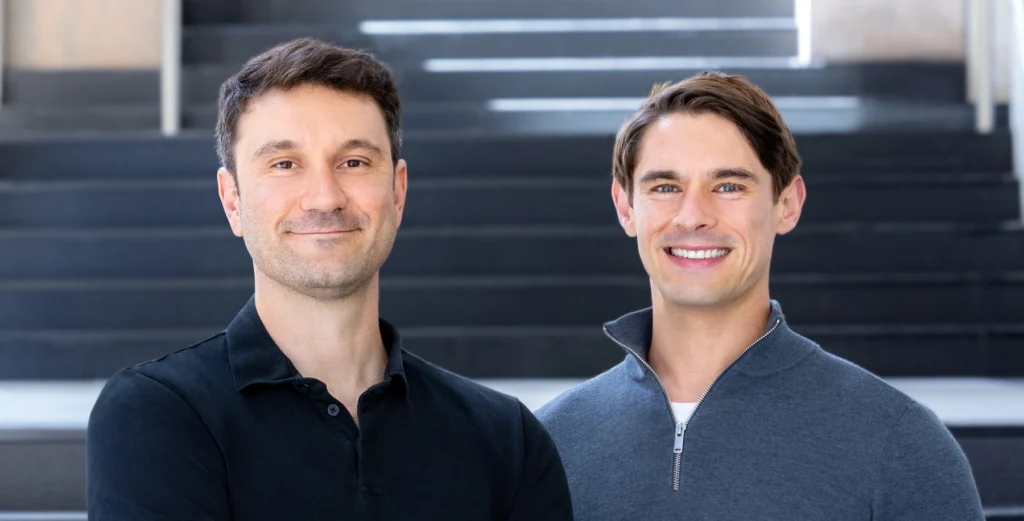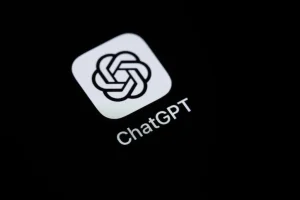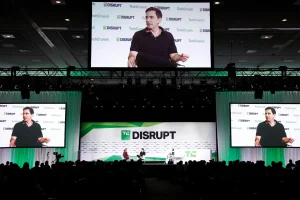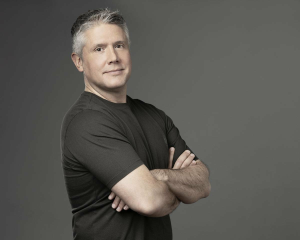OpenAI, Google Brain Researchers Ignite $300M VC Frenzy for Startup Periodic Labs

Image Credits:Periodic Labs
Periodic Labs: Revolutionizing Material Science with AI
Last month, Periodic Labs, a promising startup co-founded by Liam Fedus, a leading researcher from OpenAI, and Ekin Dogus Cubuk, a former colleague from Google Brain, officially emerged from stealth mode. The company has secured a staggering $300 million in seed funding, with Felicis leading the investment round, backed by an impressive array of angel investors and top-tier venture capitalists.
The Genesis of Periodic Labs
The inception of Periodic Labs took place about seven months ago during a conversation between Fedus and Cubuk. Both are titans in the fields of machine learning and material science. They discussed the evolving landscape of generative AI (GenAI) and its potential to drastically reshape scientific discovery. Recognizing that the stage was finally set to transform these ideas into reality, they resolved to establish a startup.
Cubuk remarked, “There are a few things that happened in the LLM field, in experimental science and in simulations that kind of made this the right time.” This newfound opportunity stems from three significant advancements:
-
Robotic Arms: Recent breakthroughs have made robotic arms capable of handling powder synthesis, the essential process for mixing and creating new materials.
-
Machine Learning Simulations: These simulations have become both efficient and accurate enough to model complex physical systems essential for the development of innovative materials.
-
Powerful Reasoning Capabilities in LLMs: The advancements made by Fedus and his team at OpenAI have contributed to this burgeoning field.
By combining these elements, the founders envisioned a powerful framework where a simulation could discover new compounds, a robot could facilitate material mixing, and an LLM could analyze results and recommend adjustments.
Innovations in AI-Driven Material Science
Cubuk is not new to groundbreaking work; he co-authored a pivotal 2023 paper detailing a precursor project at Google focused on fully automated laboratories. This initiative successfully produced 41 novel compounds, all generated from recipes suggested by language models.
One of the pivotal insights Feder and Cubuk shared is that even failed materials experiments have immense value, given that data is crucial for AI development. This newfound approach could redefine the scientific landscape, moving the focus from traditional success metrics like publications and grants to exploration and experimentation.
As Fedus states, “Making contact with reality, bringing experiments into the [AI] loop — we feel like this is the next frontier.”
Securing Funding and Investor Interest
Following his discussion with Cubuk, Fedus made the pivotal choice to resign from OpenAI. He shared his aspirations for Periodic Labs on social media, hinting at what seemed to be OpenAI’s supportive exit.
Despite the initial buzz, it turned out that OpenAI did not invest in Periodic Labs, a fact confirmed by the founders. “We didn’t actually need OpenAI’s money,” said Fedus.
This revelation sparked a frenzy among venture capitalists eager to court the new startup. Fedus shared his surprise at one investor who even penned a “love letter” to Periodic Labs, which left both him and Cubuk unsure of how to respond. Others sent detailed proposals showcasing their interest.
However, the first serious conversation came from Peter Deng, a former OpenAI colleague who transitioned to being an investor at Felicis. “Liam is a very big deal within OpenAI, very well-loved and an extremely impactful researcher,” Deng remarked. His keen interest led him to meet with Fedus and discuss moving the vision forward.
A Walk Through Vision and Intent
During a coffee catch-up in San Francisco’s Noe Valley, Deng’s curiosity regarding the startup morphed into tangible investment intent. As they strolled through the hilly neighborhood, Fedus articulated a striking idea: “Everyone talks about doing science, but in order to do science, you actually have to do science.” This sparked Deng’s immediate commitment to invest.
Their discussion centered around the necessity for AI to have a fully equipped lab to test hypotheses in a controlled environment. Deng’s sentiments resonate with the belief that breakthrough discoveries require rigorous experimentation beyond just algorithmic insights.
In an unexpected turn, Deng immediately offered financial support for critical startup needs like laptops and office space. This commitment provided a substantial vote of confidence for Fedus. However, when Deng returned to finalize the investment with Felicis, he found a hitch: the startup wasn’t incorporated yet, nor did it even have a name or bank account. This anecdote symbolizes how early in the journey they were.
Building the Team and Infrastructure
With $300 million at their disposal, Fedus and Cubuk began assembling a remarkable team of over two dozen scientists and AI experts, including notable figures like Alexandre Passos, Eric Toberer, and Matt Horton. Each week, they emphasize knowledge sharing, with designated team members delivering graduate-level lectures to encourage understanding of their collective objectives.
Periodic Labs is already operational, working with experimental data, simulations, and testing predictions. Their primary mission focuses on discovering new superconducting materials, a quest that could reshape technologies for efficient energy consumption.
However, the robotics aspect of their project is still in the training phase and not yet fully functional.
Challenges and the Future of Scientific Discovery
Periodic Labs stands at the forefront of a transformative wave in scientific research. Yet, as with any ambitious venture, the challenges ahead are significant. Scientific discovery, even powered by AI, is often slow and unpredictable. While the founders are optimistic about their prospects, including the potential for other groundbreaking findings or valuable data-collection opportunities from less successful experiments, certainty remains elusive.
Interestingly, the broader AI landscape is evolving. OpenAI’s VP, Kevin Weil, recently announced the launch of an OpenAI for Science initiative aimed at developing an AI-powered scientific research platform to accelerate discoveries.
Despite the competitive funding landscape, some stakeholders have expressed interest in Periodic Labs’ mission, with other investors like Andreessen Horowitz, DST, and NVIDIA’s venture capital arm, alongside prominent angel investors like Jeff Bezos and Eric Schmidt, joining the financial backing.
For those passionate about the intersection of AI and scientific innovation, Elad Gil will be discussing how AI has reshaped the startup landscape at the upcoming Disrupt event in San Francisco on October 29, 2025.
Conclusion
Periodic Labs represents a daring shift in how scientific research could be conducted in the future. By leveraging the strengths of AI, robotics, and advanced simulation, the founders aim to make significant strides in material science and beyond. While the road ahead is uncertain, the implications for discovery are immense, heralding a new era in scientific exploration.
Thanks for reading. Please let us know your thoughts and ideas in the comment section down below.
Source link
#Top #OpenAI #Google #Brain #researchers #set #300M #frenzy #startup #Periodic #Labs





